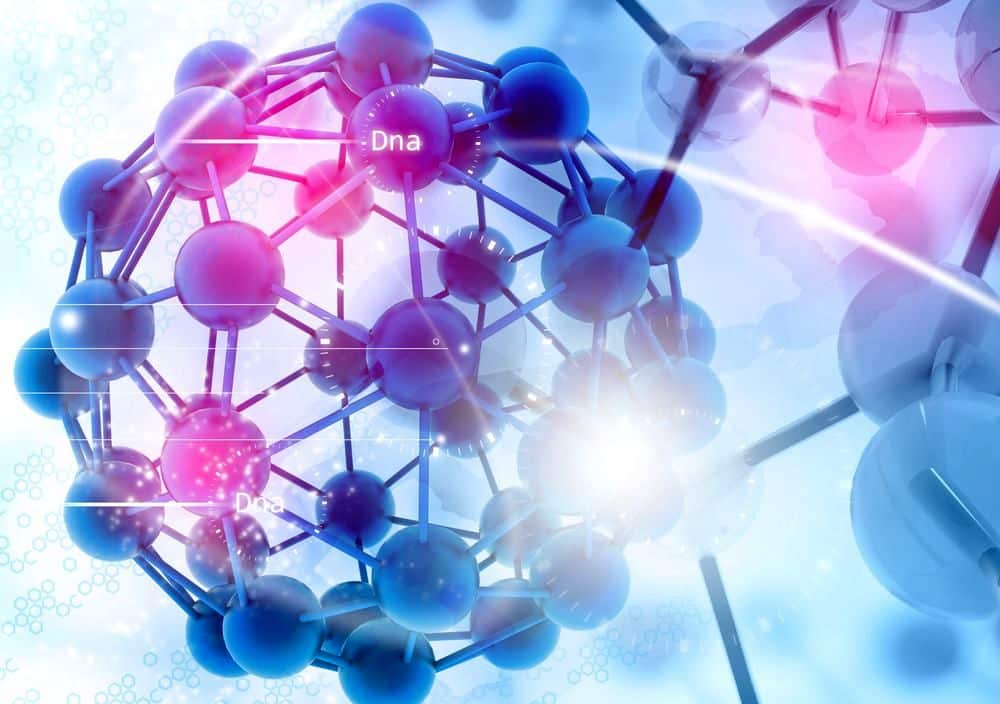Universal Sequencing Better Suited To Detect Cancer Mutations
Keeping in mind all the recent advances in genetic testing, ultimately, it all boils down to one thing- How many additional individuals with inherited cancer-predisposing mutations might be detected by DNA sequencing of tumor and normal tissue in patients with advanced cancer compared with restricting genetic testing to clinical guideline–directed testing?
Now, a new study by researchers at the Memorial Sloan Kettering Cancer Center (MSK), finds that more than half of inherited cancer gene mutations in people with advanced cancer are not detected using traditional methods based on family history.
The findings suggest that in select populations of people with advanced cancer, universal tumor-normal sequencing (the simultaneous sequencing of tumor DNA and normal tissue for a broad panel of cancer-related genes) may detect more potentially clinically significant heritable mutations than a targeted approach based on current clinical guidelines.
“What was surprising about this study was the large number of individuals with inherited mutations who would not have been aware of the risk to their families had we not provided them with tumor-normal sequencing at time of their treatment evaluation,” Dr. Offit said in a statement. “At the time of
a diagnosis of advanced cancer, we have a vital opportunity, through comprehensive genetic testing, to set the stage for precision prevention for patients’ families. The major message for patients is that out of the challenges of a cancer diagnosis can come the opportunity for prevention in the family.”In the course of the study, the team examined 10,336 patients at MSK from January 2014 until May 2016, who consented to tumor DNA sequencing through MSK-IMPACT (Integrated Mutation Profiling of Actionable Cancer Targets), a 410-gene panel designed to detect gene mutations and other critical genetic aberrations in rare and common cancers, as well as test both inherited DNA and tumor DNA.
The researchers analyzed DNA samples from 1040 patients, finding that 182 (17.5%) had mutations indicating cancer susceptibility. Of these 182 patients, 101 (55%) would not have had these mutations detected using traditional guidelines based on family history, age, and tumor type.
According to the study, germline findings led to discussion or initiation of change to targeted therapy in 38 patients, and to predictive testing in the families of 13—including six for whom genetic evaluation would not have been initiated by guideline-based testing.
“We found that tumor-normal sequencing facilitated personalized therapies and prevention by simultaneously detecting inherited markers of cancer risk and identifying tumor-specific genetic targets for treatments,” added pathologist Diana Mandelker, M.D., Ph.D., a co-primary author of the study along with Dr. Offit, molecular geneticist Liying Zhang, M.D., Ph.D., and genetics counselor Yelena Kemel, M.S.
“Unlike most other studies, we reported results of inherited mutations directly to families who wished to know,” concluded Mark Robson, M.D., a medical oncologist and clinic director of the Clinical Genetics Service at MSK and the study’s co-senior author. “Working with a team of experienced genetic counselors, we were able to provide predictive testing and counseling in a supportive and educational environment to families who would not have received counseling based on published decision rules.”
The study was supported through the Robert and Kate Niehaus Center for Inherited Cancer Genomics at MSK. And admittedly has several limitations, including physician discretion for referrals to tumor sequencing, unique demographic characteristics, and more; which might limit the generalizability of the findings to a community practice environment.






























